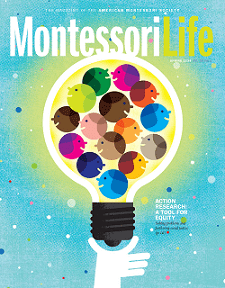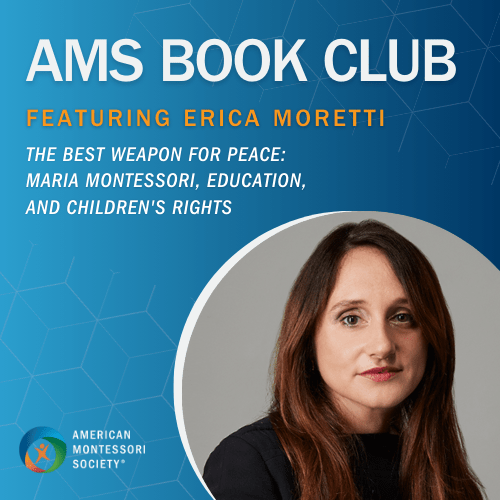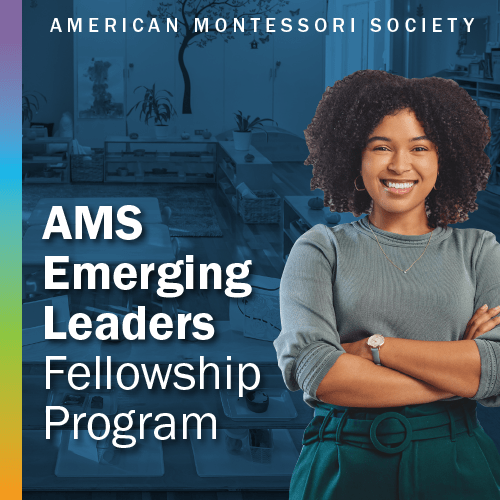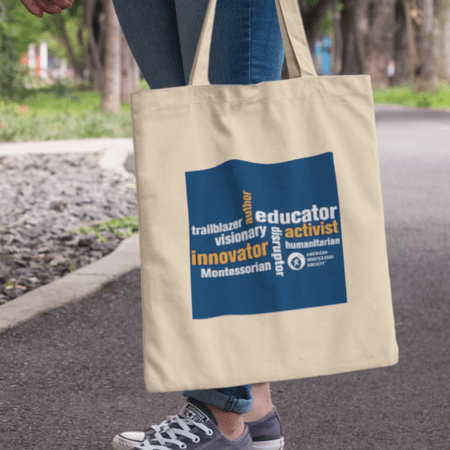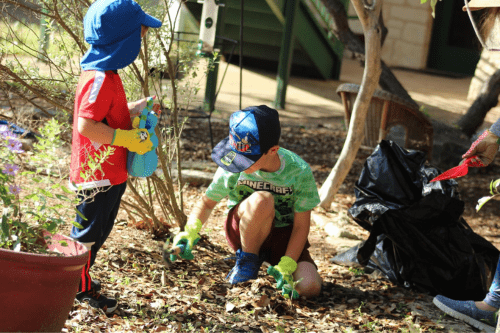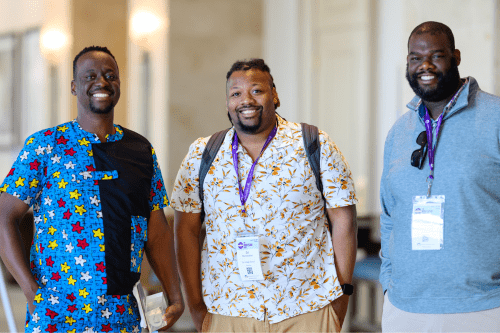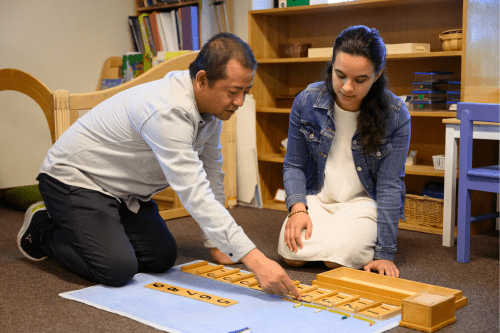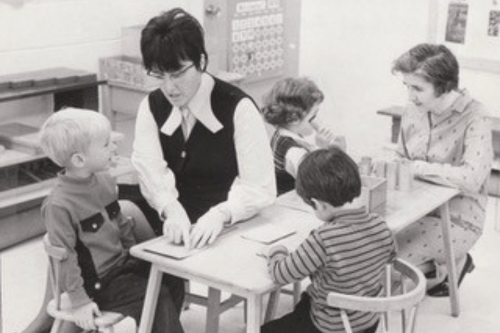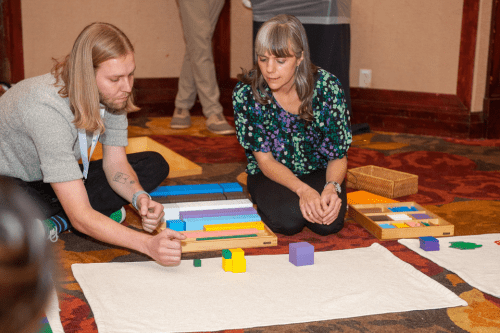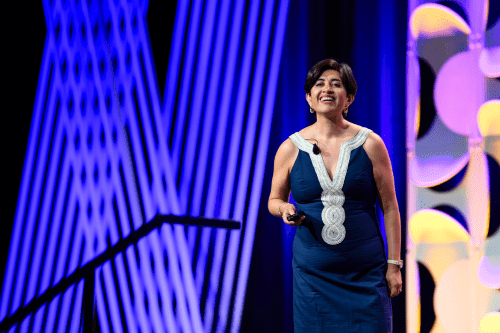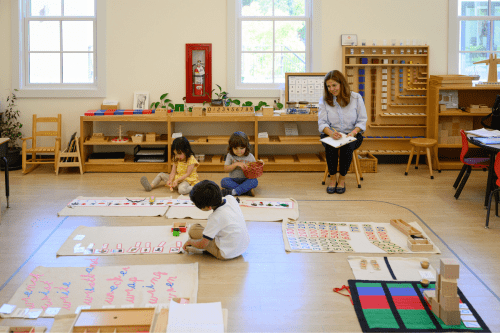Building a Positive Relationship with Parents

Communicating effectively to families is an important aspect of being an educator. One of the best ways to effectively communicate is through intentional listening and trust building. Trust is generated when educators are able to connect with families and honor their preferred ways of communicating, their cultures, and their identities.
In order for the students to get the best experience in school, it is important that the teacher takes time to build positive relationships with the families. This can be done by communicating through emails, educational applications, having conferences or talking on the phone. When children know that the teachers and family members are working together, then a positive spin can be put on the child’s academic career.
As an educator to young children, it is good to note that you are the bridge between what the student is learning in school and what the family member knows about the child’s education. Oftentimes for younger students, it is hard to communicate what was done each day in school. This is why it is important for teachers to ask questions and demonstrate a genuine interest in the home lives and/or cultural practices of the child’s family.
The children are not developmentally ready to express what is being taught on a daily basis. This is why teachers should have an effective way to communicate the child’s education to the families. This can be done by using an educational application that is accessible to everyone. A lot of these programs have tools where educators can show the exact lessons that the child is receiving and even have the ability to send quick messages when needed. The program should be available to each family as an effective way to communicate. Also, sending emails to these folks is a great way to express what is happening in the classroom. These emails can be newsletters that are sent out each month or can be personal messages for each family. Conferences, whether they are in person or on the phone, will also give the families a good sense of what is being taught to their child.
Building healthy relationships with families is a great way to have a trusting environment for the student to learn. As mentioned above, trust is built when identities are validating and when classroom norms center diverse student voice, thought, and expression. When a child sees that their family and teachers are working together for their benefit, then trust will naturally be built.
The child will feel good that the adults in their life care enough to exchange messages and have conferences. One way to help build this relationship is by communicating positive feedback from the classroom. Oftentimes, as an educator, a note is sent to families when something might have to change in the child’s behavior or education. It is important to not only set up a conference or send an email when the student is displaying undesirable behavior, but also to share positive news. If there is a pattern of only sharing the negative, then the family might start to think that the child is getting picked on by the teacher, thus the trusting relationship might start to break. Sending positive experiences that occur in the classroom via email, educational applications, or by setting up a conference will show the family that the educator enjoys teaching their child. This is important because the families might not otherwise know this is occurring in the classroom.
As an educator, it is important to not only have a healthy relationship with the students but also with the families of that student. This can be done by sending positive notes about the child, having effective communication, and building trust. Once the child sees that the family and teachers are working together then a healthy, positive relationship can be built.
About the Author
 |
Saniyyah Khalilallah worked in a Montessori classroom for over a decade, first as an assistant and then later as a certified guide (Primary, 3 – 6 years). Now, she is writing books for children, consulting, and tutoring. Contact her at skmontessori.com or saniyyahkhalilallah@gmail.com. |
Interested in writing a guest post for our blog? Let us know!
The opinions expressed in Montessori Life are those of the authors and do not necessarily represent the position of AMS.



